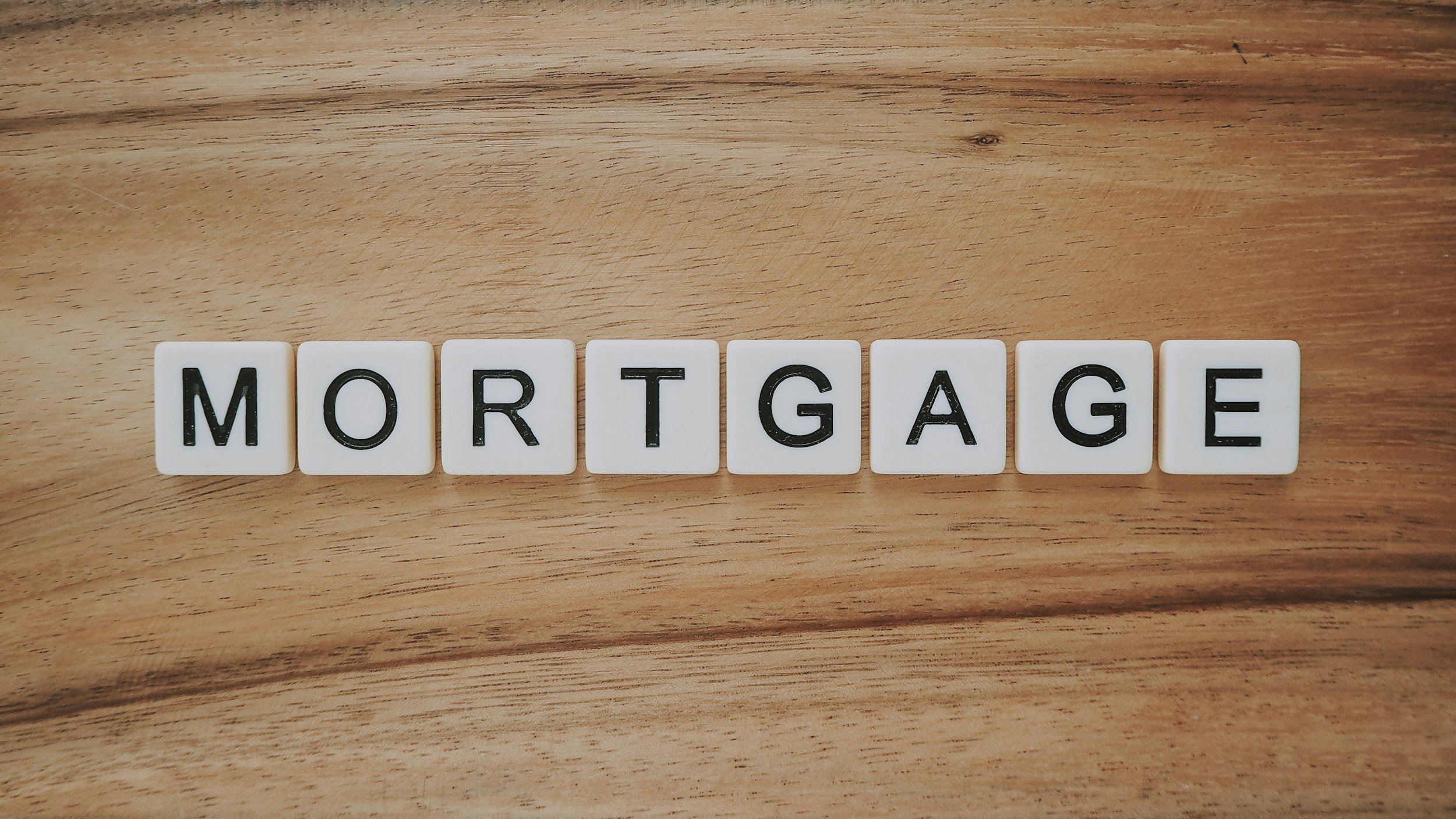Topics
- Accountants
- Bank Account Advice
- Bank Statement Tips
- Bitcoin
- Boarders
- Break Fees
- Budgeting Tips
- Building A Home
- Building Inspections
- Code of Compliance
- Compound Interest
- Construction
- Construction Mortgage
- Conveyancing
- Credit Cards and Lending
- Credit Limits and Lending
- Credit Reports
- Credit vs Student Loan
- Current Mortgage
- Deposit
- Deposit vs Income
- Divorce
- Financial Literacy
- Financial Preparation
- First Home Buyer
- Fixed vs Floating
- Flatmates
- Health and Finance
- Home Buyer
- Home Equity
- Home Safety
- Homeowner Tips
- Income Hurdles
- Inflation
- Interest Rates
- Joint Tenancy
- Kainga Ora First Home Loan
- KiwiSaver
- Lending Criteria
- Life Insurance Tips
- Loan Repayment Tips
- Loan-to-Value Ratio (LVR)
- Low Deposit Lending
- Member Tax Credit
- Mortgage Advice
- Mortgage Affordability
- Mortgage Application Tips
- Mortgage Budgeting Tips
- Mortgage Declined
- Mortgage Deposit Requirements

Mortgage Deposit: Can I Take Out a Loan to Increase It?
Banks love to see savings discipline—but what if you’re just short of the deposit you need? Can you borrow the difference to hit your 10% or 20% mortgage deposit goal? We unpack whether loans, credit cards, or finance company top-ups are a smart (or even allowed) way to bridge the gap.

Deposits: How much do you need to buy your first home?
Wondering how much deposit you need to buy a house in New Zealand? Here's the 2025 guide to 5%, 10%, and 20% deposit options—and how to make yourself bank-ready.

What Does LVR Mean?
LVR (Loan-to-Value Ratio) is one of the most important mortgage terms to understand. It tells you how much of your property is financed through lending—and can affect your approval, interest rate, and more.
